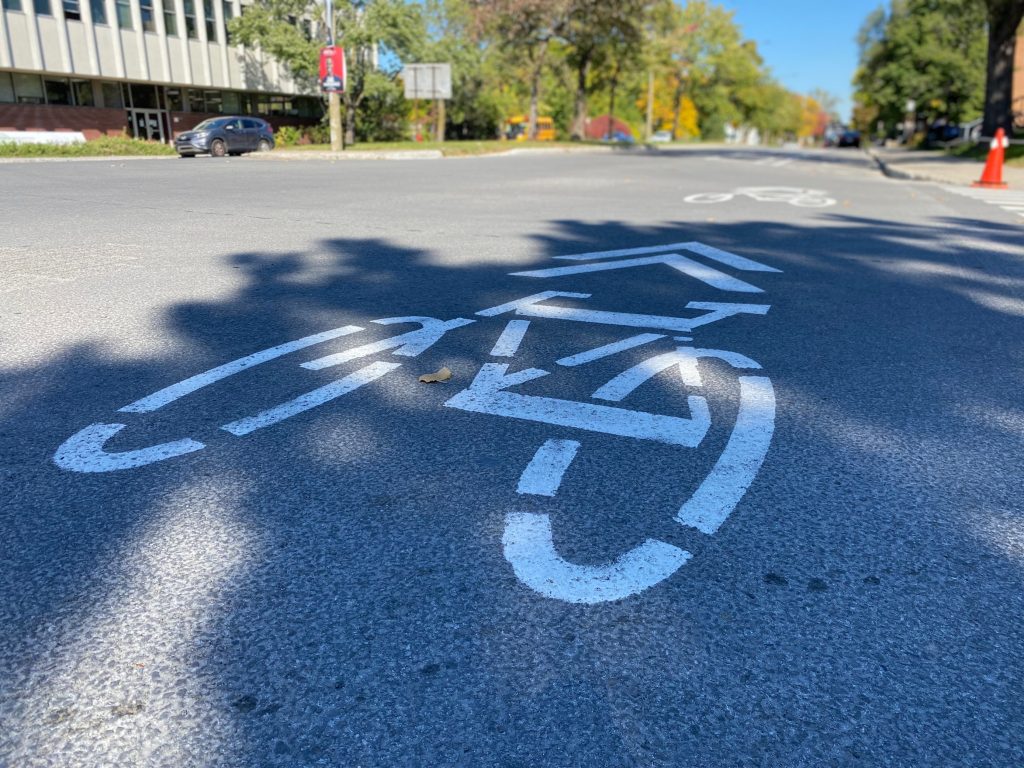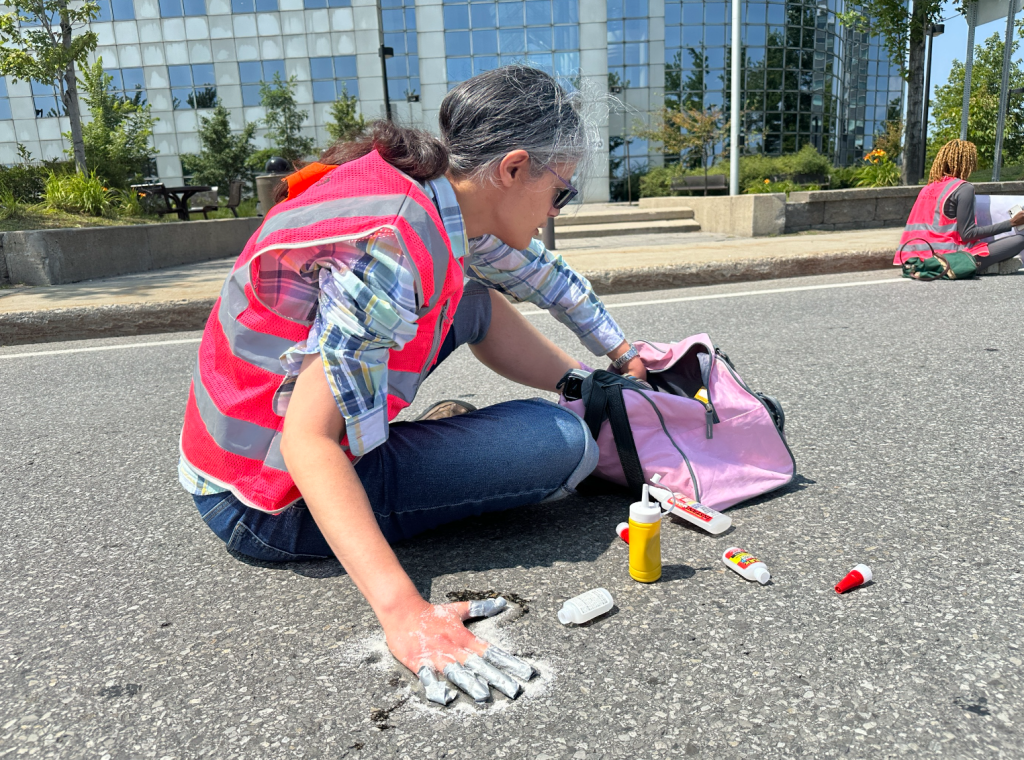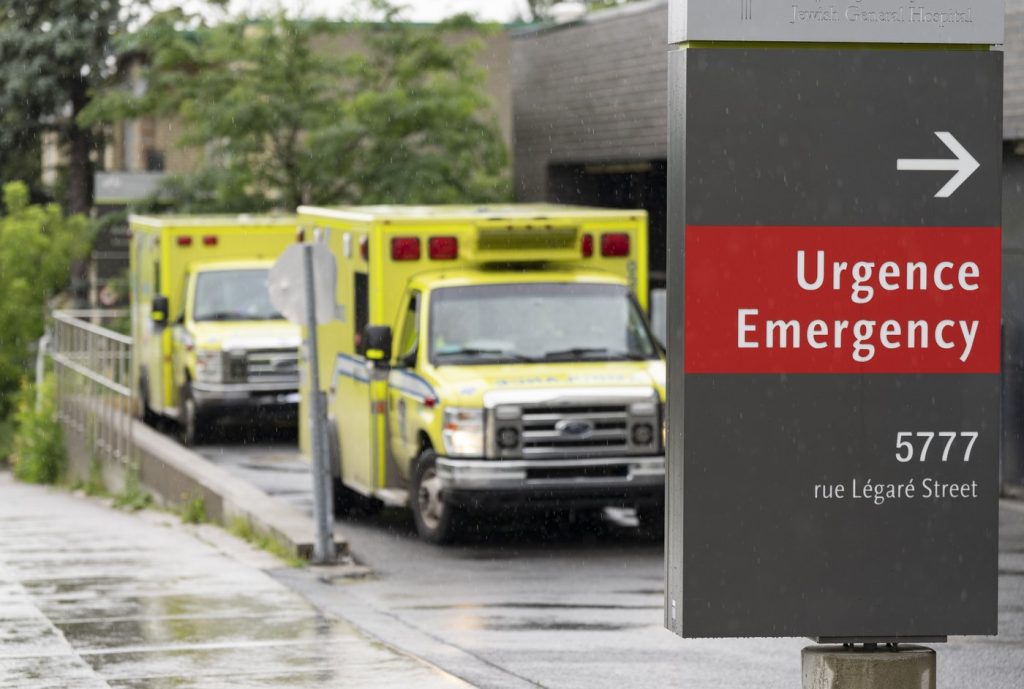Date-rape drug kits in Quebec ERs expected to help victims press charges
Posted December 28, 2023 10:23 am.
Last Updated December 28, 2023 6:51 pm.
Editor’s note: This article contains references to sexual assault. Quebec’s Sexual Violence Crisis Line can be reached at 1-888-933-9007.
All Quebec emergency rooms are now equipped with kits to detect traces of more than 200 substances in urine.
The kits can detect psychoactive substance intoxication from drugs like GHB, commonly known as the date rape drug.
Quebec officials say kits will make it easier for victims to report intoxication to police and press forward with a legal case.
“Their by-product in the urine is not necessarily needed in order to treat effectively somebody,” said emergency physician and MUHC medical toxicologist Dr. Martin Laliberté. “But of course it is needed if substances like GHB need to be identified with a different goal in mind, the goal basically of pressing criminal charges.
“I am extremely happy the system is in fact available right now.”
The urine sample must be collected within two days of intoxication as after this time it becomes more difficult to detect substances. In the specific case of GHB, a sample needs to be taken within 10-12 hours of intoxication.
It’s then sent to a forensic lab – the Laboratoire des sciences judiciaires et de médecine légale (LSJML).
“If you have a positive test, may be helpful,” said Laliberté. “If you have a negative test, well maybe it’s negative or maybe you were just out of the window, so that makes interpretation of the test complicated.”
Victims will be informed of the possibility of filing a complaint if the test is positive. The process is voluntary, and they may decide not to pursue it at any time.
RELATED: Quebec’s Sexual Violence Helpline gets online chat feature
The victim will also be told about the support services available to them.
“It doesn’t change anything about the tools that we already have and the designated medical centres for sexual victims that are all over the province,” said Deby Trent of the Montreal Sexual Assault Centre.
“You don’t have to be 100 per cent sure when you come to a designated social centre, and that’s really an important message to put forth. But the urine evidence kit is there to help gather evidence in all of the other situations.”
“It is really a police tool. So it will give the police… a piece of evidence that they can analyze and they can then use… once (the victim) has given her consent, he’s given his consent to have a police investigate.”
—Deby Trent, Montreal Sexual Assault Centre
Montreal police say too often they are warned too late, or not at all, when it comes to GHB poisoning.
In a statement to CityNews, the SPVM says it is “sparing no effort” in tackling the issue of synthetic drugs and involuntary poisoning.
“We cannot stress enough the importance of reporting these crimes,” police wrote. “If anyone believes they have been a victim or witness of GHB poisoning, whether or not they know the person responsible, they should call 911 immediately. If the poisoning is not recent, we encourage you to go to your local police station to file a complaint.”



